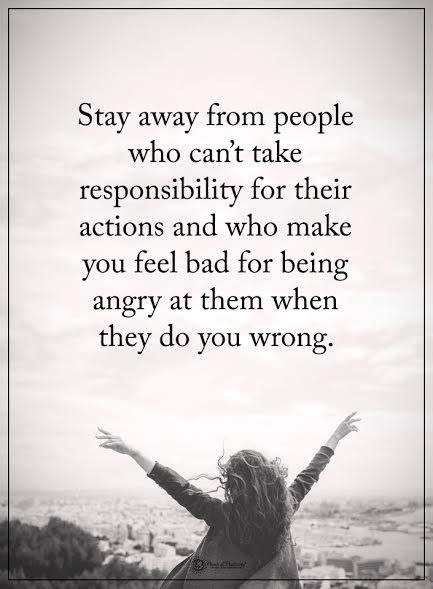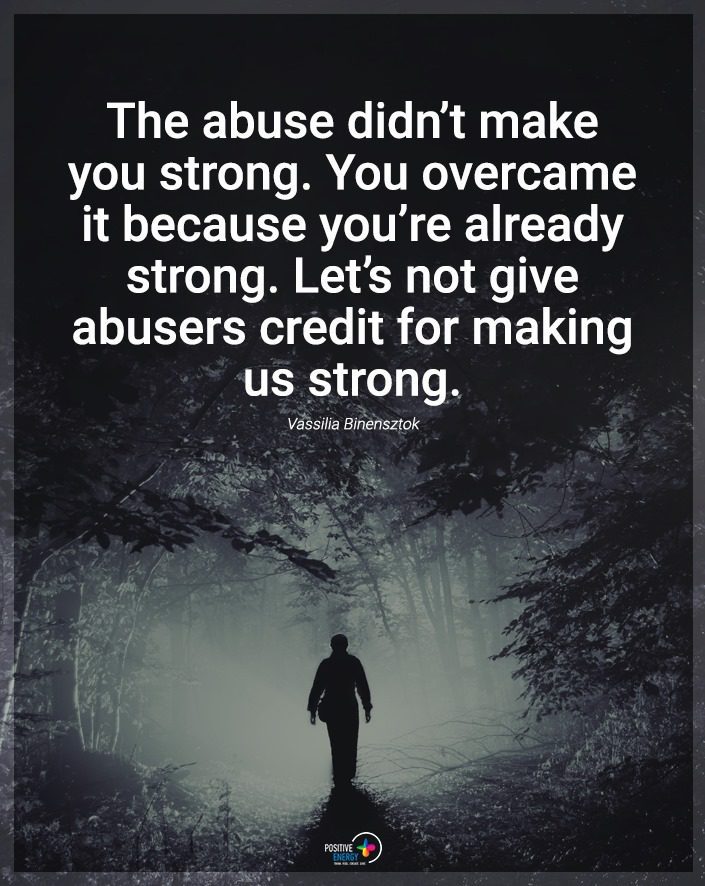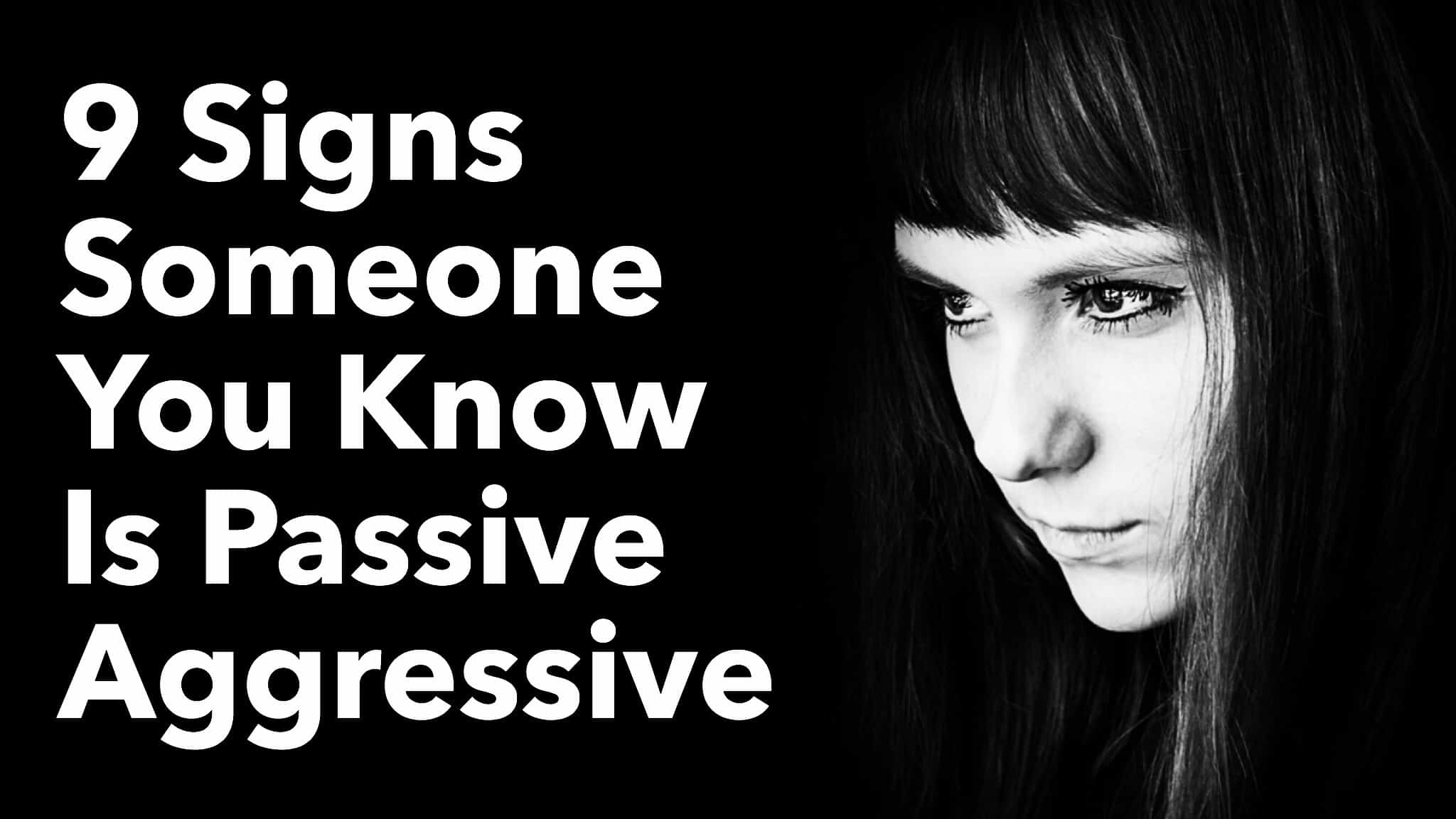We all exhibit passive aggressive behavior from time to time, and it’s not always a cause for alarm. However, acting this way more often than not can signal an underlying disorder or unhealed trauma.
In general, passive aggressiveness entails behaviors such as giving back-handed compliments, holding grudges, and having poor communication. People who display these traits may indirectly express feelings by giving the silent treatment, sulking, or harboring resentment.
According to the National Library of Medicine, passive aggressive behavior is an unspecified personality disorder in the DSM-V. This diagnosis means that not enough research exists to classify it as a specific disorder, but it does still exist.
It’s not uncommon for passive aggressive people to have dealt with childhood trauma, neglect, or abuse. Perhaps their parents raised them never to question authority, so they had to learn other ways to obey while still rebelling.
Maybe they have an intense fear of rejection, making them prone to people-pleasing. Of course, this leads to resentment after a while. That’s because this person doesn’t feel comfortable speaking up about their desires.
It’s often unpleasant to encounter a passive aggressive person, but try to remember that they’re silently struggling. We all have issues somehow, and everyone deserves compassion and understanding. If you approach the person with kindness and an open heart, they might let their guard down and become more agreeable. We’ll go over a few signs you’re dealing with a passive aggressive person below.
9 Common Traits of a Passive Aggressive Person

1. A Cynical or Stubborn Demeanor
People who are passive aggressive tend to have a negative outlook on life. Their parents likely raised them in a rigid, structured environment where they had little say in anything. They also may have displayed passive aggressive behavior, and the child learned to mimic the parents. In adulthood, this can manifest as resisting authority or being disagreeable.
2. Frequent Sulking or Giving the Silent Treatment
Another telltale sign of a passive aggressive individual is a tendency to pout or sulk when they don’t get their way. People might describe them as moody, sullen, or withdrawn due to their behaviors. Passive aggression can also entail silent treatment if the person feels unheard of or neglected.
They secretly hope that they’ll eventually come around and admit their mistake by ignoring others. However, if the offender doesn’t budge, it can lead to a standoff for days or even weeks. By this time, the passive aggressive person usually moves on and doesn’t bring up the subject again. They won’t ever forget the situation, though, and will likely harbor resentment. This shows immaturity, as they would instead withdraw than deal with confrontations.
3. Bitterness or Hostility Towards Others
When someone displays passive aggression, they may act cold or resentful towards family and friends. They won’t act outwardly aggressive, but their words and actions will show their true colors. For instance, they might give backhanded compliments that sound genuine at first but end with a subtle dig. If you recently got a promotion at work, they might say, “Congratulations on your new position; maybe you’ll be at my level someday!”
This behavior masks their insecurity and jealousy, so don’t feel offended if you’re on the receiving end. Passive-aggressive people can only feel powerful by trampling on others.
4. Purposely Not Following Instructions or Delaying Work
Research shows that passive aggressive people often procrastinate or work inefficiently when they don’t want to do something. It’s not that they’re incapable of following through; they don’t like being bossed around. To rebel, they leave tasks incomplete or finish them at the last minute to push your buttons.
They will always have an excuse ready when you confront them about their lackluster performance. Of course, their goal is to make you so frustrated that you do the work yourself. That way, they can have the freedom to do as they wish and not follow others’ commands.
5. Complains About Being Misunderstood or Unappreciated
They will frequently complain that others don’t understand them or offer enough compliments. Since they’re a people pleaser at heart, they will go above and beyond to help others. That’s commendable, but their intentions aren’t pure since they want praise for their actions. If other people don’t recognize their efforts, they will play the victim card and give silent treatment.
6. Poor Communication Skills
Passive-aggressive people don’t like to communicate because they want others to figure out how they feel. When they feel misunderstood, they will sulk until someone notices their brooding and comes running after them. While this may seem innocent enough, it’s a clever manipulation technique they use to garner attention.
7. Frequent Tardiness At Work or School
While most of us have been late to a meeting, it’s a sign of passive aggression if it occurs often. People who display this behavior may want to gain attention by late walking into an important meeting. They may also not care much about the assignment or people they’re meeting with, so they don’t see a need to show respect.
8. Insulting People
Aside from backhanded compliments, these people have other tricks up their sleeves to hurt others. For instance, they may be overly critical of coworkers or pessimistic toward their ideas. Passive aggression can also take the form of masked hostility using jokes or sarcasm. They may follow up the insult with “just kidding,” even though they meant what they said.
9. Holding Grudges
Finally, these personalities will never let go of something hurtful you did or said. They’re incapable of moving on and want to hold it over your head every time you make a mistake. This allows them to play the victim card constantly and feel like they have the upper hand.
Remember, this doesn’t have anything to do with you, but rather, their general pessimistic outlook on life. They’re always searching for the negatives to justify their perspective and find someone else to blame.

Final Thoughts on Signs of Passive Aggressive People
Passive-aggressive people aren’t always apparent in their behaviors, but they can’t hide their true nature. It usually comes out in full force after someone insults them or makes them feel inferior. Remember that their behavior likely stems from painful experiences in the past, so don’t take it too personally. Meeting them with compassion will make your interactions with them much easier to tolerate moving forward.

















